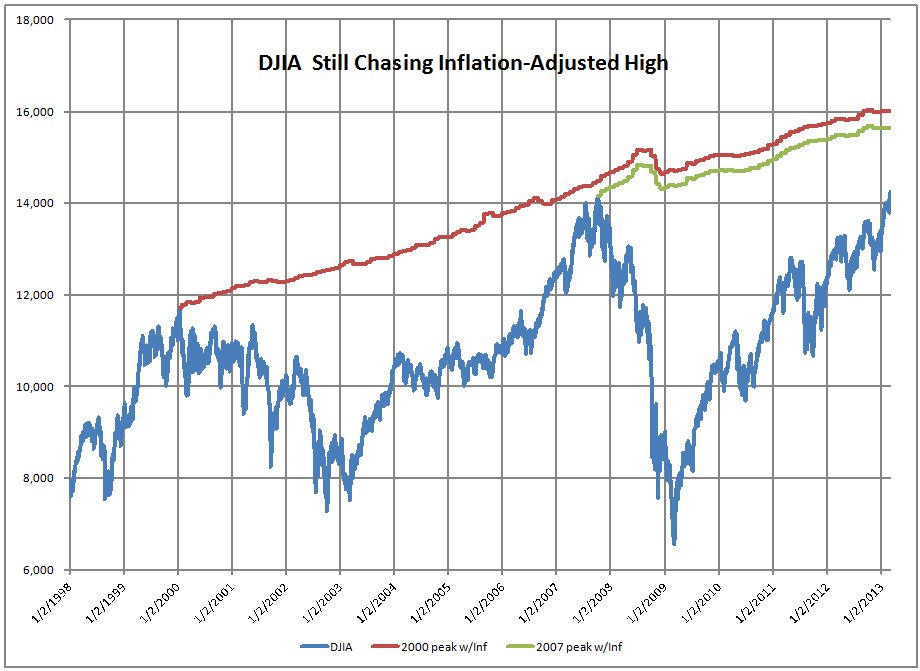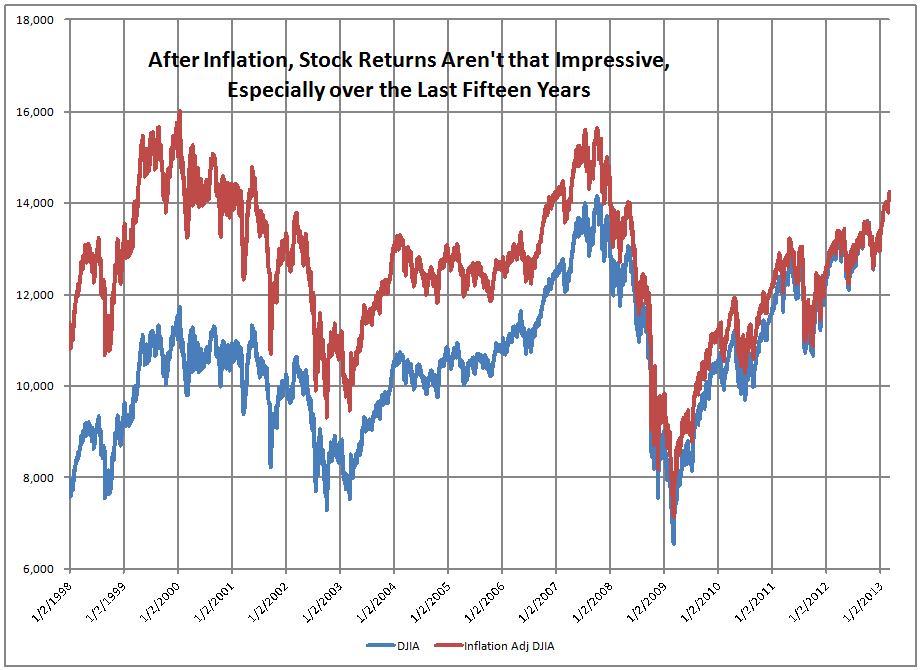On Insurance Investing, Part 5
The Squishy Stuff
I think I have just one more post left after this one, and this series ends.? This post deals with qualitative factors, which are harder to ascertain than the quantitative factors, and require more experience in order to learn.? But maybe I can aid my readers with a few pointers so they can learn faster.
Before we go, this series published at The Street.com University is an excellent start for any analyst, and includes many insurance examples.? But now for the rest.
Some products cannot be underwritten.? Anytime the insured knows more than the company, that is not a policy to write.? As an example, I toss out Long-term care policies, where the insurance industry has lost and lost again.? The insureds know their likely claims far better than the insurers do.? I feel the same about credit and mortgage insurance, where losses are so correlated that in a real crisis the insurance company fails, and those relying on the insurance fail as well.
I feel the same way about variable annuity living benefits at present — a rising market sets up the losses for when the market falls.
Avoid investing in companies where the law of large numbers does not apply.? This is true of all financial coverages.? If there is one big macro factor that drives your business it is not a safe place to be.
On Management
Management teams should be reliable.? They should always give complete and consistent answers to all questions, and demonstrate that they are managing the business, with underwriting being profitable.? They also should be willing to let results fall short of analysts’ estimates when it is true.
Though the short-term stock performance will be bad, the honesty will support the stock nearer to book value.? Investors appreciate honest companies, even when they do badly.
Finally if management has any sustainable competitive advantages (rare in insurance) they will use the advantages, and describe them in general terms so hat other insurers don’t reverse engineer them.
Be sure and read my series listed above.? It offers far more than what I have written here.



